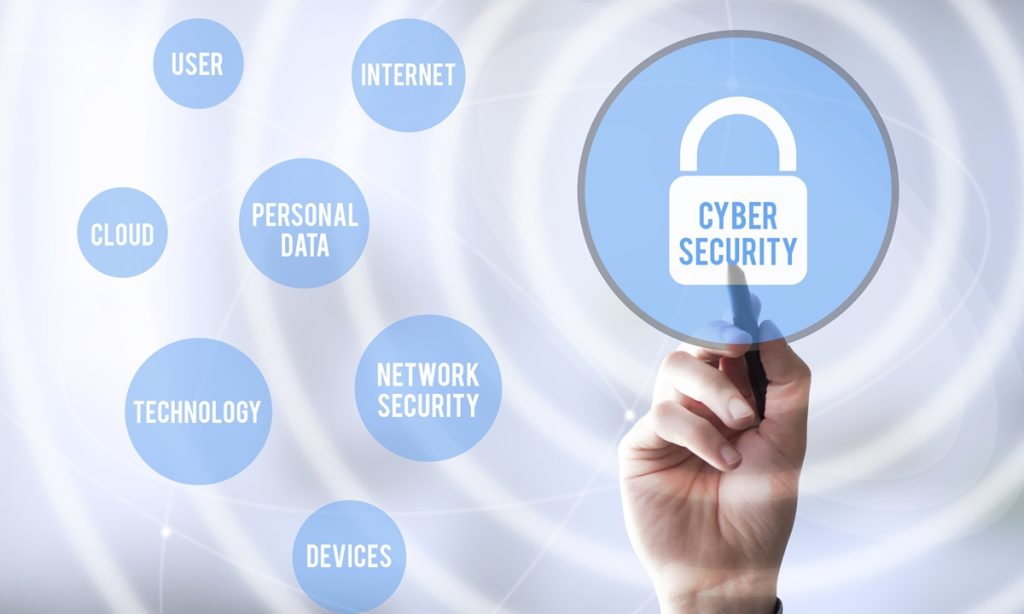Rules for implementing state secret law come into effect

A new set of rules for implementing China's Law on Guarding State Secrets took effect on Sunday, further refining the management of classified information, encouraging technological innovation in this field and enhancing cyberspace management to avoid information breach.
Chinese Premier Li Qiang signed a decree of the State Council to unveil the regulations on July 22, consisting of six chapters and 74 articles, aiming to ensure the effective implementation of the newly revised Law on Guarding State Secrets.
A special clause on the Communist Party of China's leadership in confidentiality work is added to the regulation, further emphasizing the adherence to and strengthening of the Party leadership, improving the system and mechanism of Party leadership, and specifying the responsibilities of central and local levels of relevant institutions. This will ensure confidentiality work follows the correct political direction, a spokesperson with the National Administration of State Secrets Protection said.
It also specified the requirements to establish and promptly update a list of state secrets, as well as clarifying the responsibilities of designated personnel, while outlining specific scenarios for derivative classification.
The "list of state secrets" is one of the highlights of the new regulations, which clearly and visually lists state secret contents, classification levels, confidentiality periods, scope of knowledge and the basis for classification, Liu Changsong, a lawyer from the Beijing Mugong Law Firm, told the Global Times on Sunday.
Furthermore, it clarifies the scope and specific responsibilities of individuals accountable for classification, help prevent issues such as shirking responsibilities due to unclear definition of duties, Liu said.
Meng Bo, a lawyer at Beijing Jingsh Law Firm, added that another highlight of this regulation is the management of network information and data confidentiality, strengthening the confidentiality management of network usage. This management clarifies the obligation of network operators to cooperate in investigating and alerting on confidentiality violations, and enhances the data confidentiality management system.
"These are important measures to adapt to the era of informatization and digitalization, effectively protecting information and data security," Meng told the Global Times.
Responding to Western media hypes that the new regulation could "scare away" foreign enterprises in China, Liu said such "worries" are completely unnecessary.
"It only makes it clearer for foreign enterprises to understand what areas involve China's national security concerns and which do not," Liu noted.